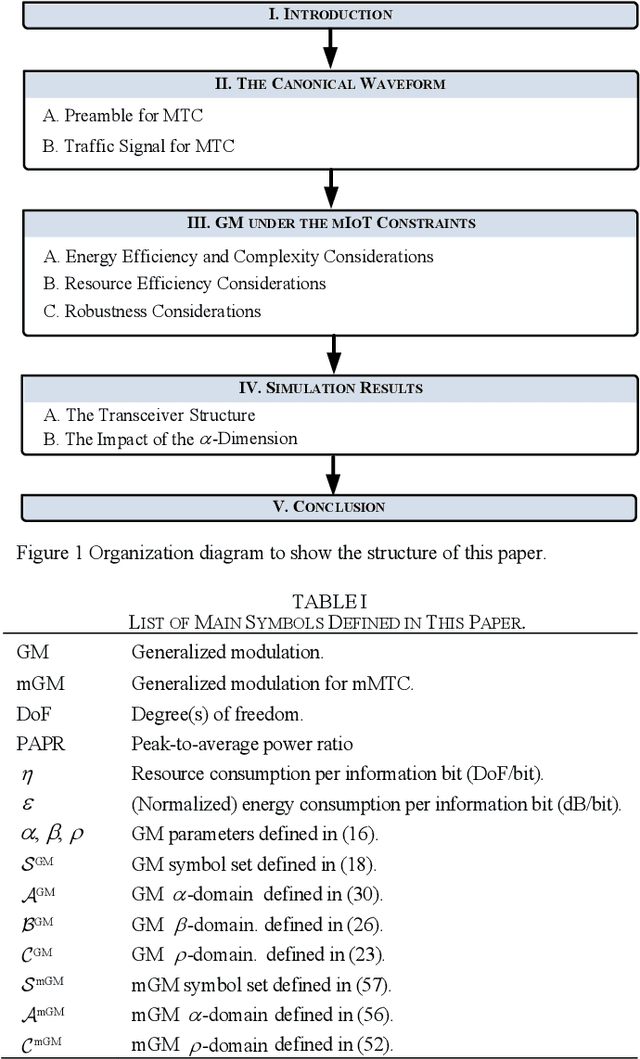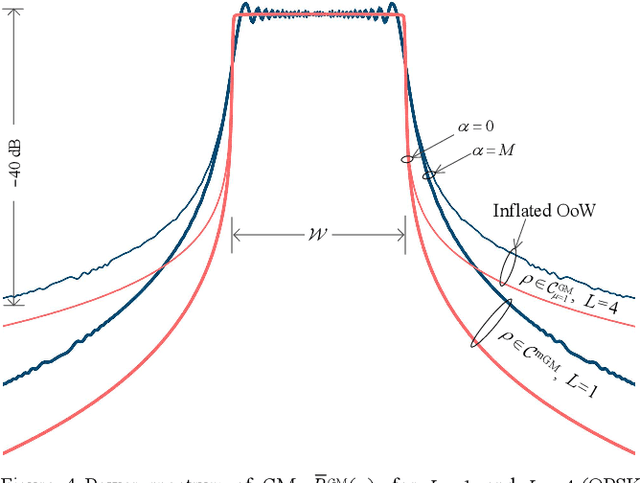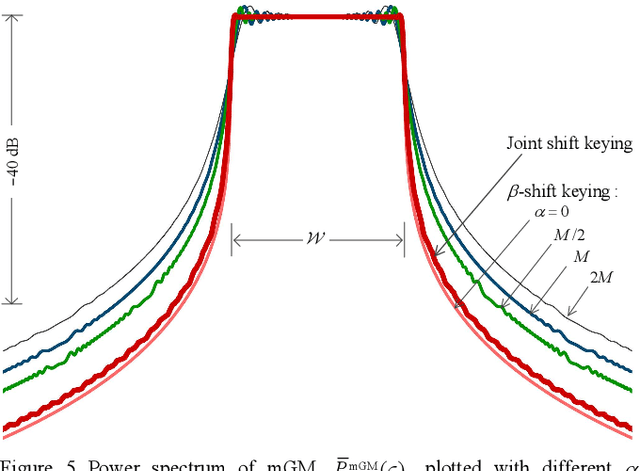Machine-Type Communication Waveforms: An Exploration of New Dimensions
Paper and Code
Jun 29, 2024



This paper derives a generalized class of waveforms with an application to machine-type communication (MTC) while studying its underlying structural characteristics in relation to conventional modulation waveforms. First, a canonical waveform of frequency-error tolerance is identified for a unified preamble and traffic signal design, ideal for MTC use as a composite waveform, commonly known as a transmission burst. It is shown that the most widely used modulation schemes for mIoT traffic signals, e.g., FSK and LoRa modulation, are simply subsets of the canonical waveform. The intrinsic characteristics and degrees of freedom the waveform offers are then explored. Most significantly, a new waveform dimension is uncovered and exploited as additional degrees of freedom for satisfying the MTC requirements, i.e., energy and resource efficiency and robustness. The corresponding benefits are evaluated analytically and numerically in AWGN, frequency-flat, and selective channels. We demonstrate that neither FSK nor LoRa can fully address the mIoT requirements since neither fully exploits the degrees of freedom from the perspective of the generalized waveform class. Finally, a solution is devised to optimize energy and resource efficiency under various deployment environments and practical constraints while maintaining the low-complexity property.
 Add to Chrome
Add to Chrome Add to Firefox
Add to Firefox Add to Edge
Add to Edge